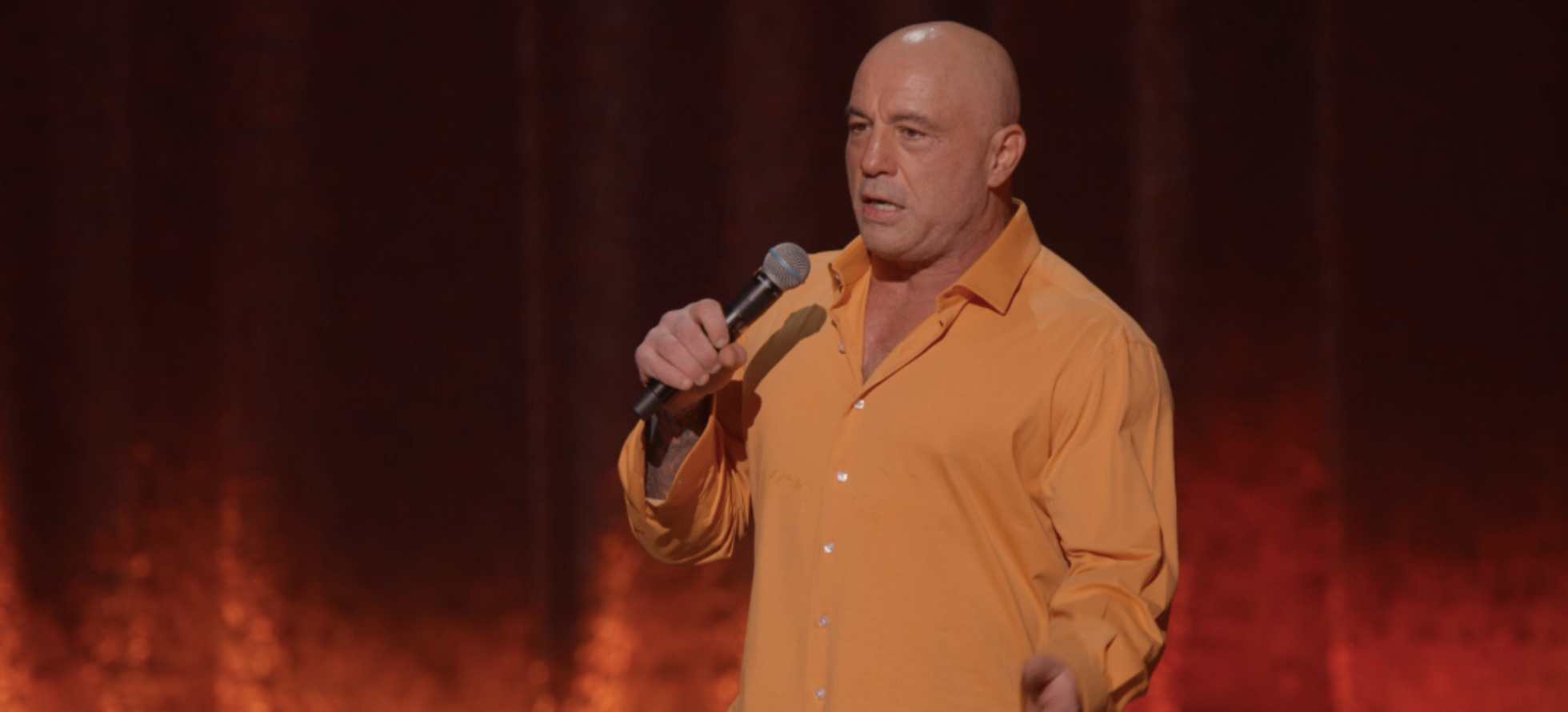During a recent episode of The Joe Rogan Experience featuring comedian Andrew Schulz, host Joe Rogan echoed a sentiment expressed by fellow comedian Ari Shafir: “Comedy’s dangerous again.”
The conversation between Rogan and Schulz went into the challenges modern comedians face in an era where controversy can erupt from a single joke or appearance. Schulz reflected on the backlash some comedians experienced after performing at the Riyadh Comedy Festival in Saudi Arabia, noting how organized campaigns and bot-driven social media attacks can distort public perception.
“There’s something happening right now where people are feeling like they’re on the outside looking in,” Schulz said, describing how internet outrage often stems from misunderstanding or deliberate misrepresentation.
Rogan emphasized that this environment isn’t necessarily negative—it’s a return to comedy’s roots as a provocative art form. He pointed to the historical role of jesters and sacred clowns in societies, figures who were permitted to mock authority and challenge norms without consequence.
“The Lakota people had a term called the Hayoka,” Rogan explained. “A Hayoka was a special member of society that made fun of everybody. He made fun of the chief. He made fun of the chief’s wife. And the idea was if you couldn’t mock something, it was f**ked.”
The discussion also touched on specific incidents, including Tony Hinchcliffe’s controversial joke about Puerto Rico at a political rally. Rogan recounted how Hinchcliffe weathered the storm of criticism by continuing to perform, eventually receiving standing ovations from audiences who appreciated his resilience. “He thought his life was over,” Rogan said. “But when he went on stage in Salt Lake City and people stood up, arms raised like ‘F**k yeah,’ he realized the internet is not reality.”
Schulz echoed this sentiment, noting that younger comedians are struggling to find a clear path forward in an industry where traditional milestones—like HBO specials or viral podcast appearances—no longer guarantee success. “I think people are going through this thing where they’re like, ‘I don’t know the path way forward,'” he said.
Both Rogan and Schulz agreed that the antidote to this dangerous environment is authenticity and resilience. Comedians must stay true to their voices, embrace the risk of controversy, and recognize that public backlash often dissipates faster than expected. “If you put your head down for two weeks, it goes away,” Schulz advised. “Nobody will care.”
Rogan argued that comedy serves as a critical stress test for societal values, pushing boundaries to reveal what truly matters.


